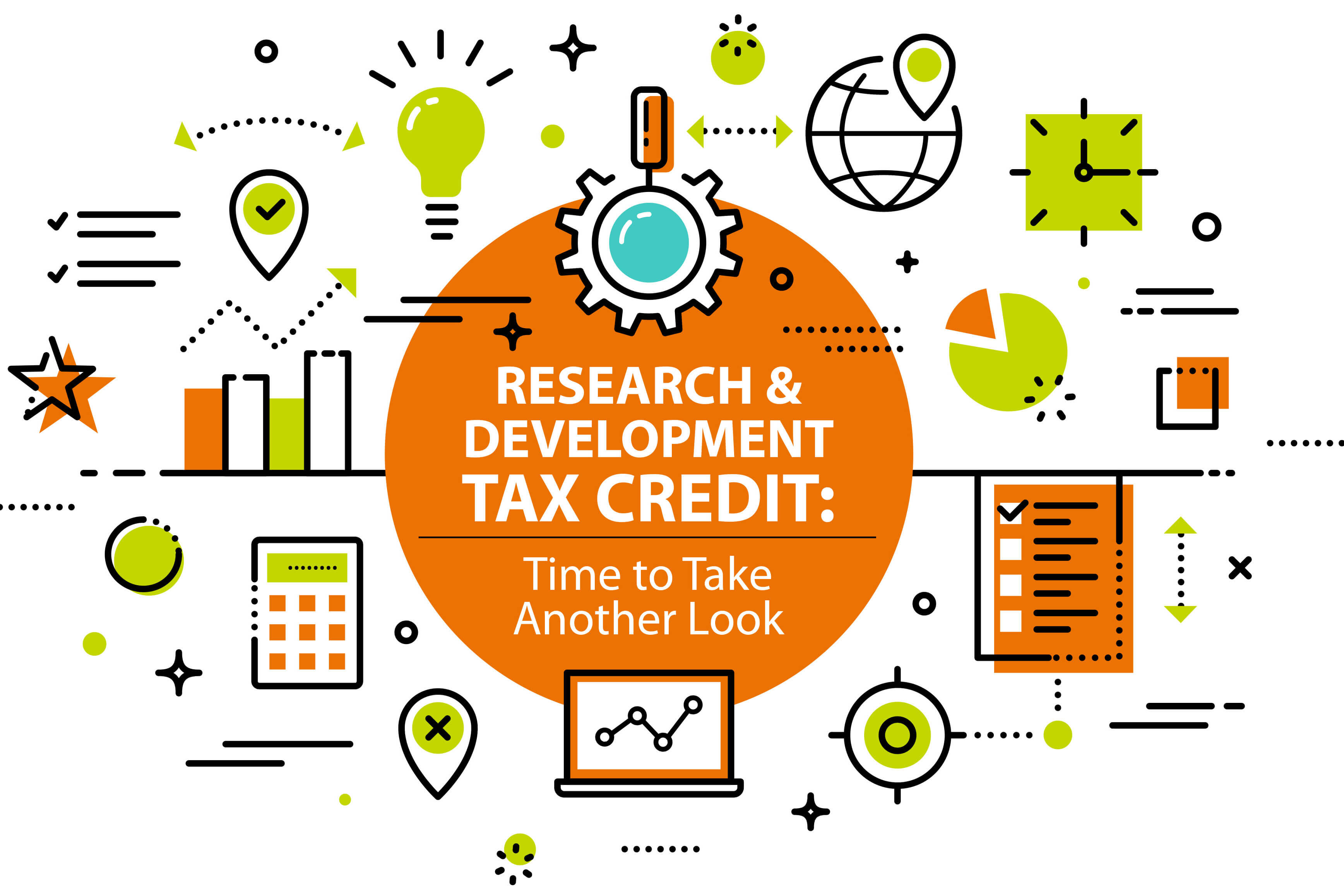
R&D Tax Credits

R&D Tax Credits
Research and Development (R&D) tax credit is a government incentive designed to reward U.S. companies for investing in innovation. They are a valuable source of cash for businesses to invest in their Research and Development activities, hiring new staff and ultimately promoting growth.
Good news is that the R&D tax credit is applicable for businesses of all sizes and you can apply for the year 2022 and go back to apply for prior 2 years’ if you are eligible.
Companies that spend money developing new products, processes, or services, or enhancing existing ones, are eligible for R&D tax relief. If you’re spending money on your innovation, you can make an R&D tax credit claim to receive either a refund check or a corporate tax reduction. The scope for identifying R&D is huge – as it exists in every single sector.
Many businesses are still unaware that R&D credit eligibility extends beyond product development to include activities and even operations such as the latest manufacturing methods, software development, and quality improvements. Even start-ups may be able to utilize the R&D tax credit against their payroll tax for up to 5 years.
At Funding Lobby, team of professionals including CPAs, we make sure that you get the maximum credit allowed for. We have helped processing more than half billion dollars of various grants and tax credits for small and mid-size businesses.
Please call us if we can answer any of your questions.
- Looking forward to speak with you.
- Funding Lobby LLC